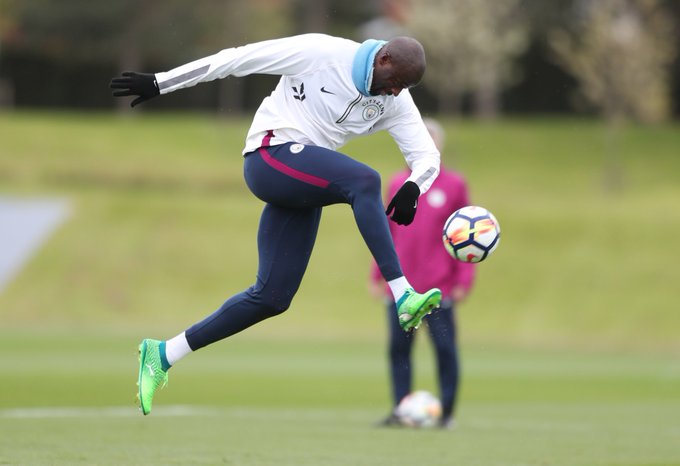A hairdresser who deliberately infected men with HIV has been jailed for a further eight years in Scotland. Daryll Rowe became the first man in the country to be found guilty of intentionally setting out to spread the virus. Rowe, 27, pleaded guilty at the High Court in Edinburgh, to having unprotected sex with four men, while fully aware he was HIV positive.
Last month he was jailed for life for trying to infect 10 men in England. Branded ‘grotesque’ and a ‘sociopath’ by his victims, the 27-year-old was convicted in October of 10 charges – five of grievous bodily harm with intent and five of attempting to do so. After being diagnosed in April 2015, Rowe met several men on gay dating app Grindr. He had sex with eight of them in Brighton, East Sussex, between October that year and February 2016, before fleeing to the north east, where he targeted two more men.


His six-week trial heard he embarked on a cynical and deliberate campaign to infect men with HIV, refusing treatment and ignoring advice from doctors. He insisted on having unprotected sex with men, claiming he was ‘clean’. When they refused, he tampered with condoms, tricking them into thinking he was practising safe sex. Afterwards Rowe would become aggressive and taunted some of the men in text messages. He repeatedly lied to authorities and would use aliases with his victims.
He became a vegan after turning vegetarian at the age of 18 and said he chose to move to Brighton because of its gay and vegan-friendly atmosphere. In court, he described himself as ‘very spiritual’ and living by the mantra of ‘love, life and positivity’. When he was diagnosed with HIV in April 2015, he claimed he coped well with the news and did not feel anger towards whoever had infected him. After reading articles about the practice online, he tried urine therapy in a bid to rid himself of the illness.
This eventually saw him drinking his own urine every morning and regularly throughout the day, he claimed. He professed to truly believing he had been cured of the virus by the time he moved to Brighton, even though he had not taken any medical tests to back this up. He denied any memory of doctors warning him of the dangers of carrying the virus, how infectious he was, or the legal implications of infecting others. He said he refused to take anti-retroviral drugs recommended by doctors because he did not trust them. But he admitted taking prescribed medication in the year before he was diagnosed, after contracting gonorrhoea, genital warts and herpes.




























